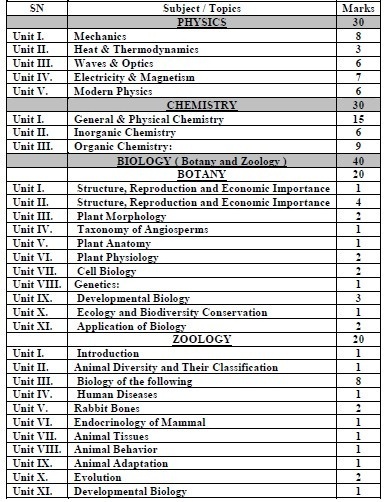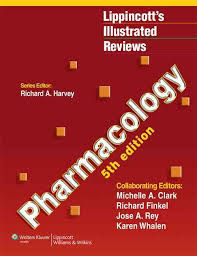Should I compromise sleep time for Studies?

You cheat on Sleep and the sleep cheats on you. Most of us consider sleep as on of the most potent hindrance and an enemy to our Studies and success. Some regret that 1/3 of our life time is spend on sleeping. It would be unfair to accuse it of such things, till we understand the actual mechanism and what sleep really means to us. Sleep is that powerful state that body has designed without which the brain and the body would crash and nullify.
Sleep should never be regarded as an interval from which extra time can be bought. We usually compromise our sleep for –
- Studies
- Jobs
- Entertainments – TVs, movies, night out
- Travel

To clarify on the Sleep mechanism, I have taken a paragraph or more from the text book –
The Sleep- two Process sleep System-
The homeostatic process (“Process S”), primarily regulates the length and depth of sleep.This sleep pressure appears to build more quickly in infants and young children, thus limiting the duration of sustained wakefulness during the day and necessitating periods of daytime sleep (i.e., naps).
The endogenous circadian rhythm (“Process C”), influences the internal organization of sleep and timing and duration of daily sleep-wake cycles, and govern predictable patterns of alertness throughout the 24 hr day.
The “master circadian clock” that controls sleep-wake is in the suprachiasmatic nucleus in the hypothalamus.The human circadian clock is actually slightly longer than 24 hr, intrinsic circadian rhythms must are synchronized or “entrained” to the 24 hr day cycle by environmental cues called zeitgebers. The most powerful of these zeitgebers is the light–dark cycle, timing of meals and alarm clocks.
The relative level of sleepiness (sleep propensity) or alertness existing at any given time during a 24 hr period is partially determined by the duration and quality of previous sleep, as well as time awake since the last sleep period (the homeostatic or “sleep drive”).
There are 2 periods of maximum sleepiness, 1 in the late afternoon (3:00-5:00 pm) and one toward the end of the night (3:00-5:00 am), and 2 periods of maximum alertness, 1 in mid-morning and 1 in the evening, just prior to sleep onset (the so-called second wind).
Another basic principle of sleep physiology relates to the consequences of the failure to meet basic sleep needs, termed insufficient/inadequate sleep or sleep loss. Adequate sleep is a biologic imperative that appears necessary for sustaining life as well as for optimal functioning.
Slow-wave sleep (SWS) appears to be the most “restorative” form of sleep and rapid eye movement (REM) sleep appears not only to be involved in vital cognitive functions, such as the consolidation of memory, but to be an integral component of the growth and development of the central nervous system (CNS). Adequate amounts of both of these sleep stages are necessary for optimal learning.
Partial Sleep loss or restrictions on a regular basis for long time accumulates and produces the symptoms and deficits as equivalent to Total sleep deprivation. This accumulated sleep loss needs to paid back to the body as ” Sleep Debt”, that when becomes large enough and is not voluntarily paid back by obtaining adequate recovery sleep, the body may respond by overriding voluntary control of wakefulness.This results in-
- periods of decreased alertness,
- dozing off
- napping and excessive daytime sleepiness.
The sleep-deprived individual may also experience very brief (several seconds) repeated daytime microsleeps of which he or she may be completely unaware, but which nonetheless may result in significant lapses in attention and vigilance. There is also a relationship between the amount of sleep restriction and performance, with decreased performance correlating with decreased sleep.
Both insufficient quantity and poor quality of sleep result in
- excessive daytime sleepiness
- decreased daytime alertness levels.
- drowsiness, yawning.
- mood disturbance, including complaints of moodiness, irritability, emotional lability, depression, and anger;
- fatigue and daytime lethargy, including increased somatic complaints (headaches, muscle aches)
- cognitive impairment, including problems with memory, attention, concentration
- decision-making, and problem solving;
- daytime behavior problems, including overactivity, impulsivity, and noncompliance
- academic problems, including chronic tardiness related to insufficient sleep and school failure resulting from chronic daytime sleepiness.
So from the above text, we can see how sleep is needed not just to rest the body and mind but also for the Memory. We tend to use the night time as extra time and often we pressurize our self, get drunk on coffee to stay awake hard and study. Have you ever realized how much we yield when we study in a drowsy state, or awaken early morning half asleep and study. The best solution would be to sleep well in the period when your brain becomes ineffective and helpless due to sleepiness. Wake up fresh and read things in the fresh state of mind, and just compare the things you cover in the same duration.
What I conclude is sleep should be considered an important part of Study schedule. Divide your time with good emphasis on adequate sleep for the best results.




